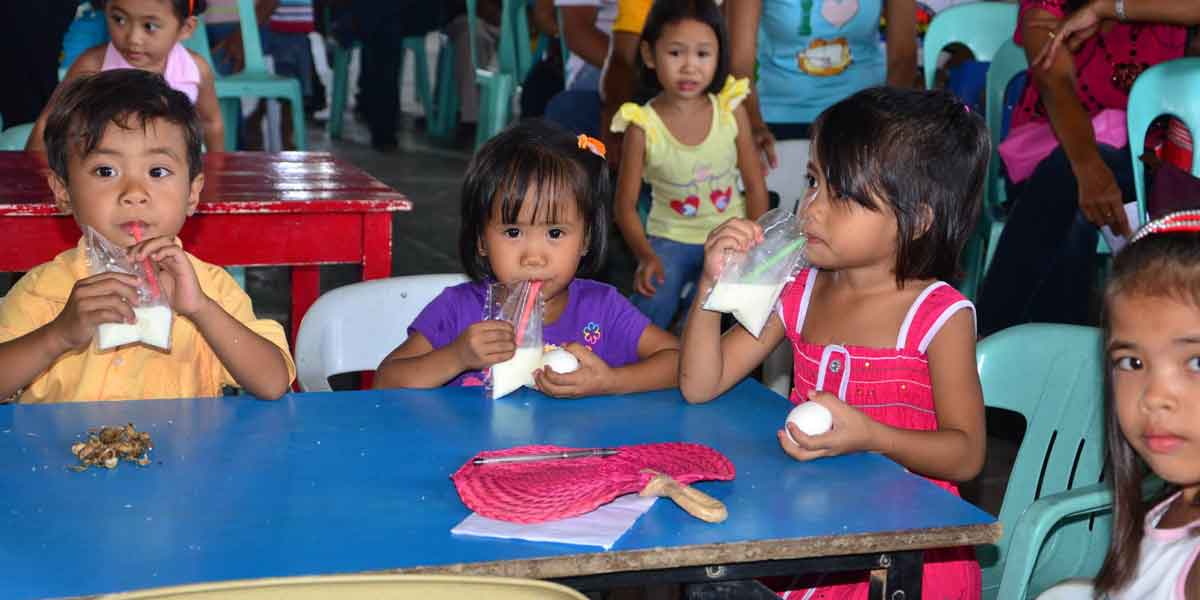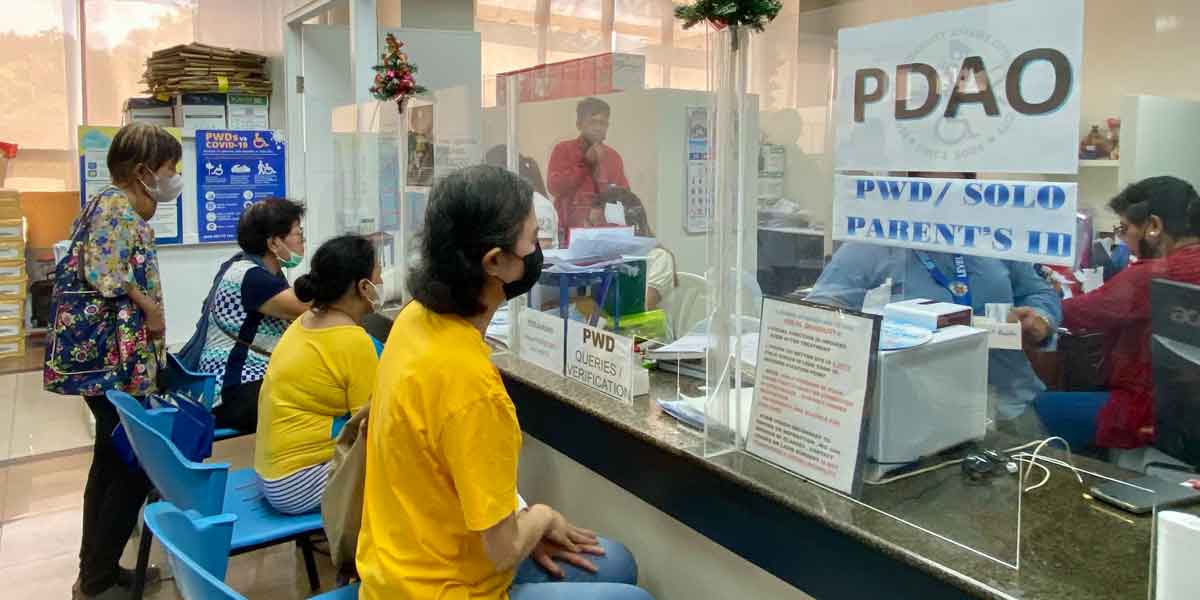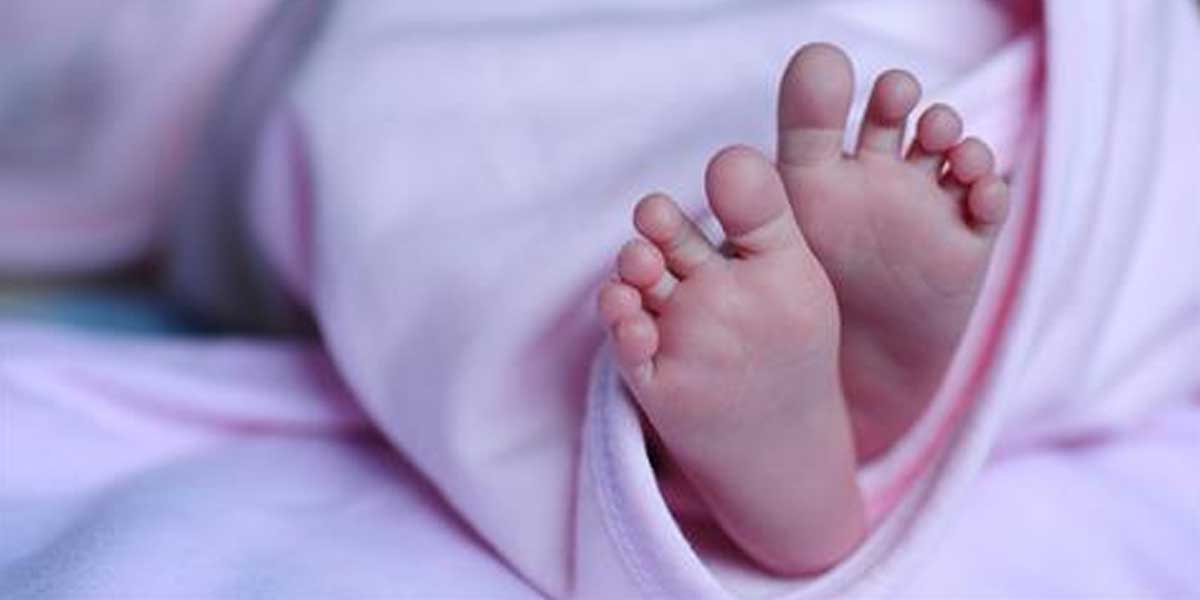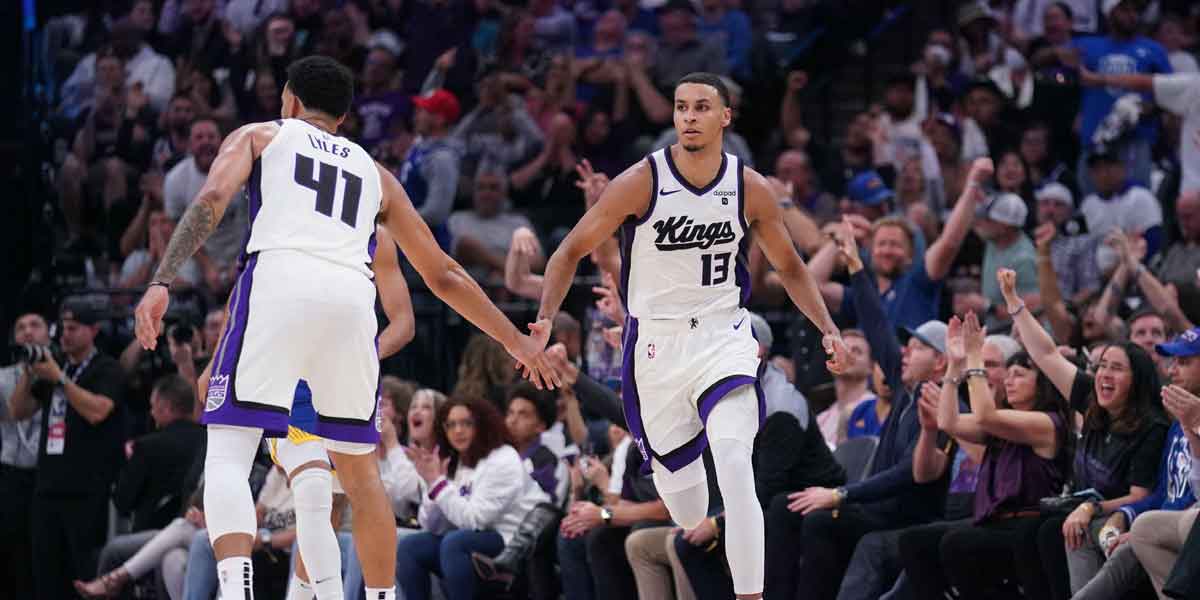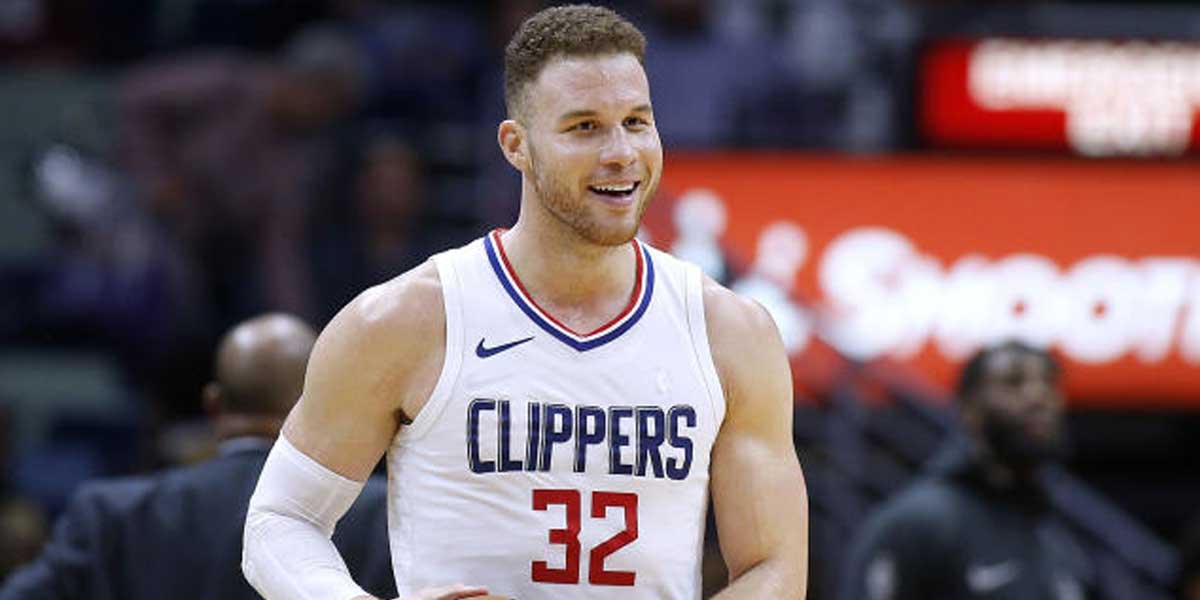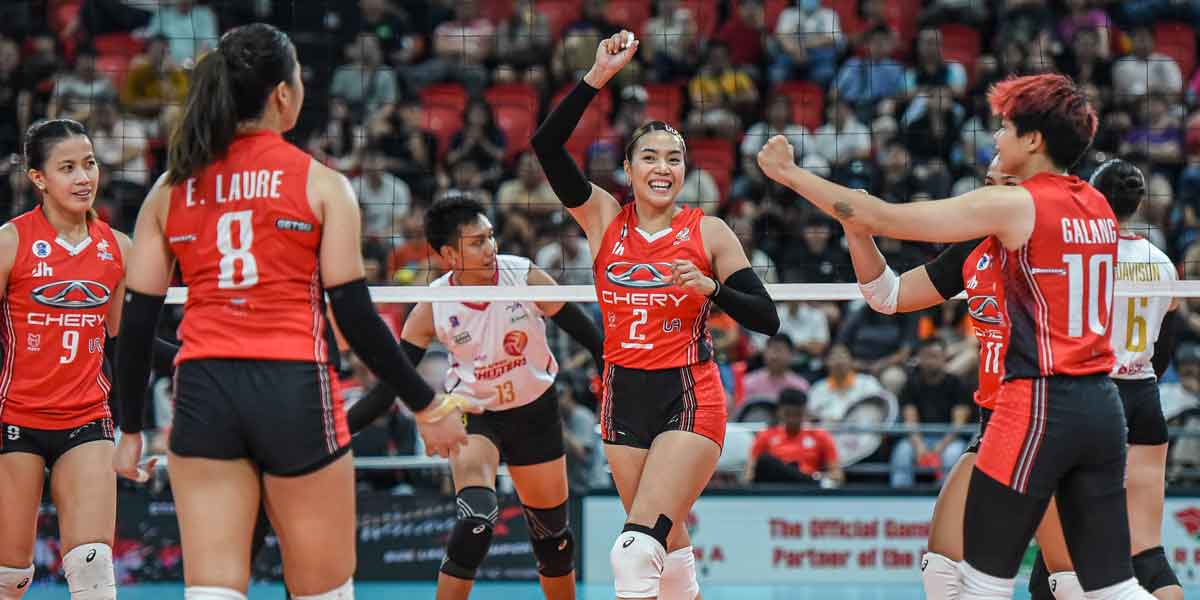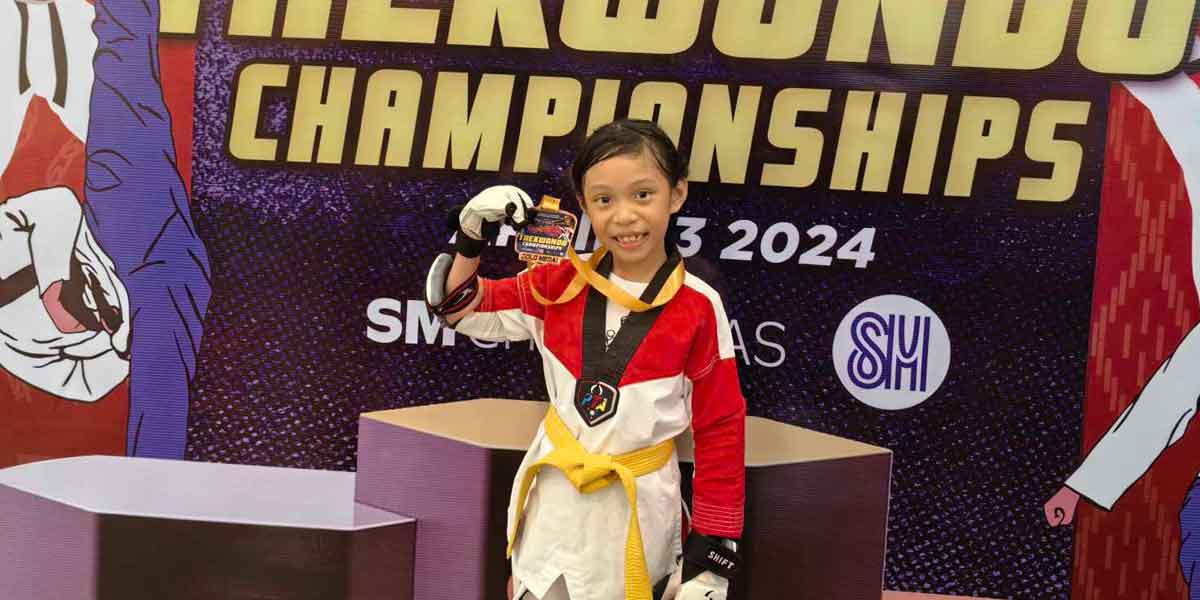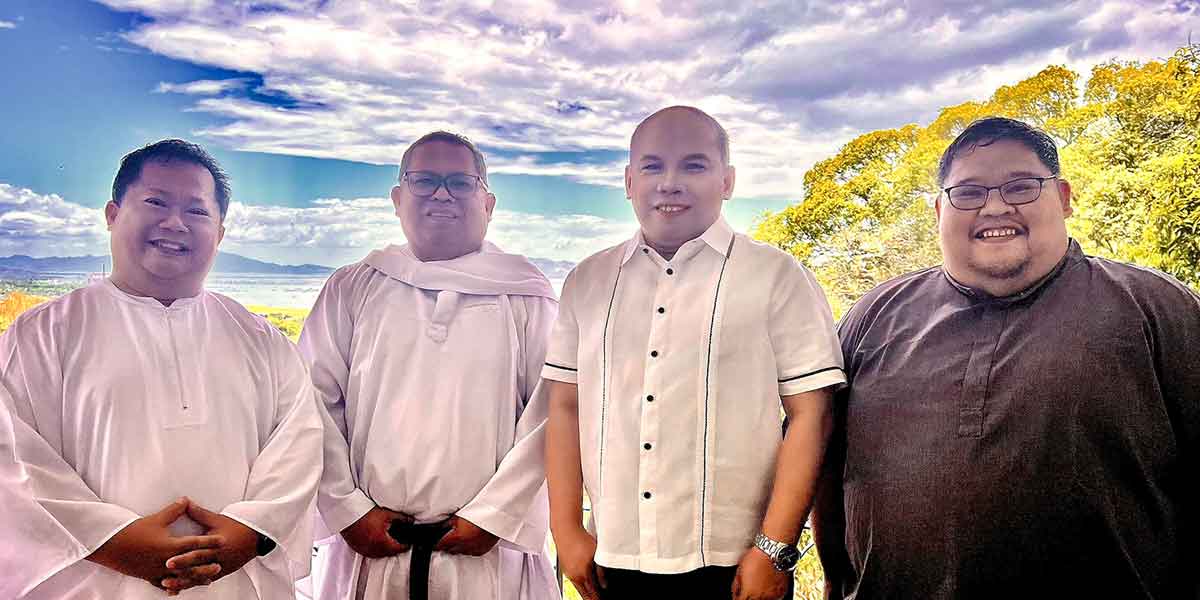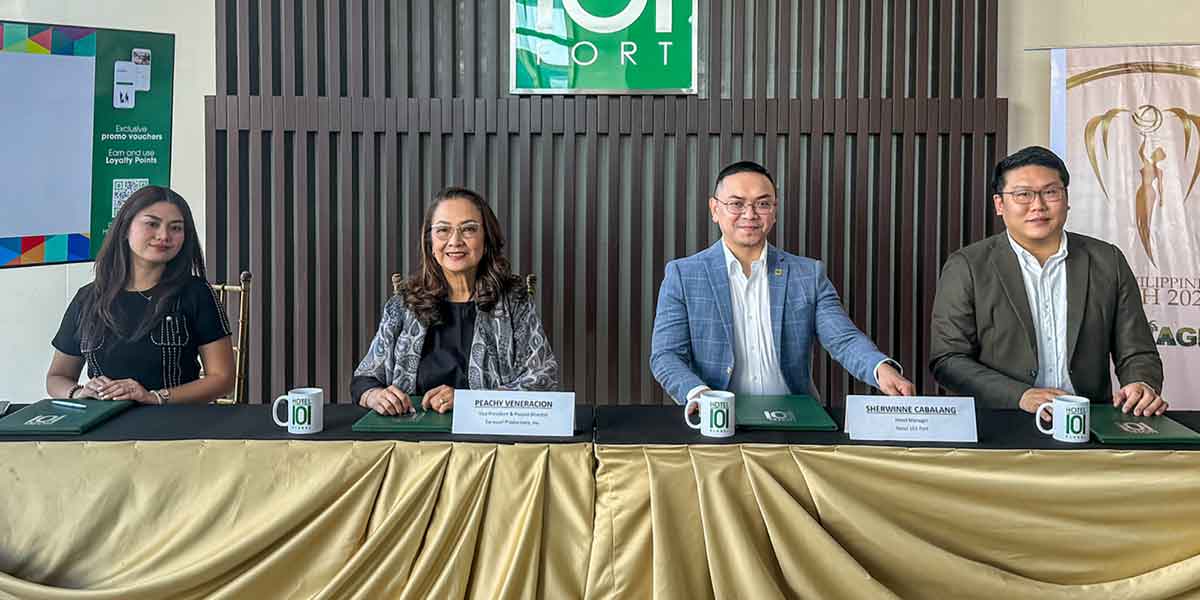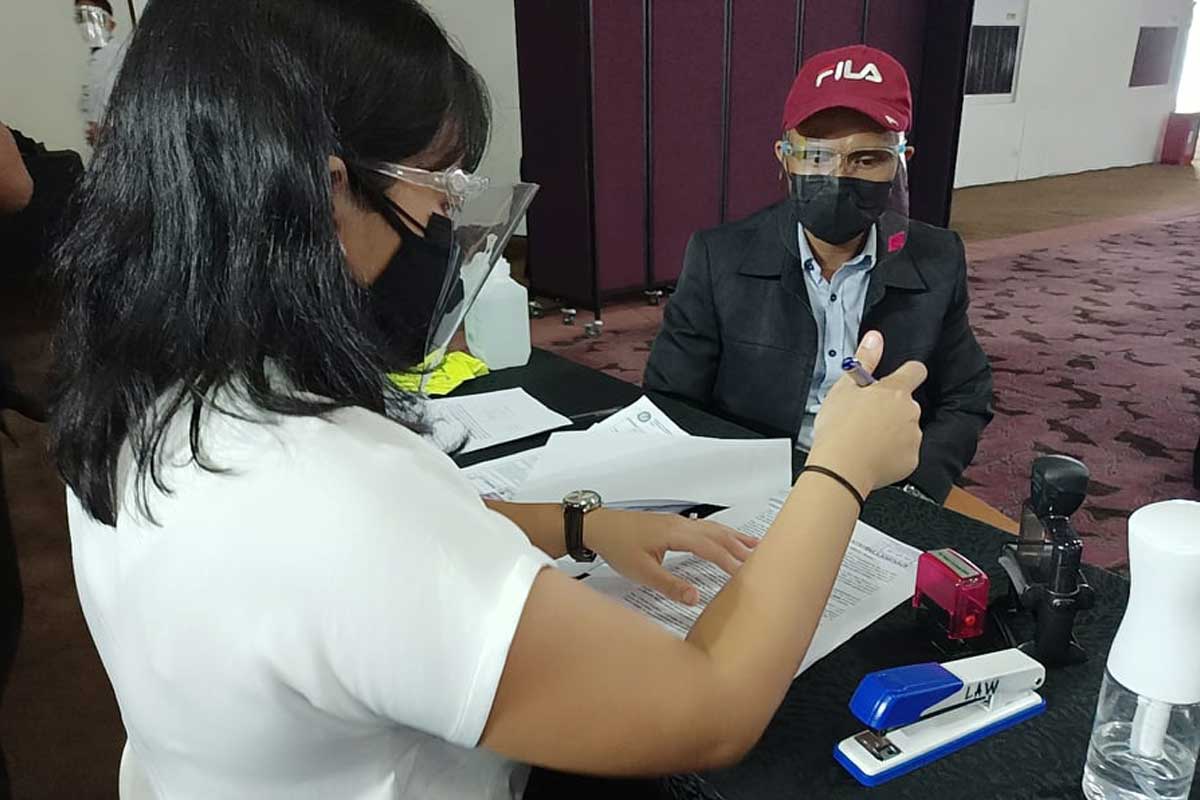
By Joseph B.A. Marzan
A political analyst said presidential candidates in the 2022 elections should already clarify their plans and platforms on a “roadmap” once we emerge from the coronavirus disease 2019 (COVID-19) pandemic.
The Commission on Elections (COMELEC) reported that 97 persons filed their certificates of candidacy for the presidency from October 1 to 8, 2021.
The number is lower than the record-breaking 130 candidacies formally received by the poll body in the 2016 presidential elections.
Some prominent names who filed early on or at the 11th hour showed up at the Sofitel Philippine Plaza where the COMELEC had been receiving the certificates include Vice President Leni Robredo, Senators Manny Pacquiao, Panfilo Lacson, and Ronald Dela Rosa, and Manila Mayor Francisco Domagoso, among others.
For the vice-president post, the poll body listed 29 names, including Senators Christopher Go, Francis Pangilinan, and Vicente Sotto III, Representative Lito Atienza, and television physician Willie Ong.
The number could still go down after COMELEC separates “nuisance” candidates from serious bets.
During their respective filings, the COMELEC allowed the candidates to meet the press and talk about their platforms and plans for the 2022 polls.
But political analyst and Daily Guardian columnist Atty. Michael Henry Yusingco, who closely watched the filings at Sofitel, told Daily Guardian on Air that he was not able to hear any plans for the candidates on their “roadmap to a better normal.”
Yusingco also lamented the spontaneity of other presidential hopefuls in deciding to run for “the country’s toughest job”.
“They should’ve decided and prepared since last year. They cannot just decide abruptly because their job would be the hardest job in the Philippines. Last week or this week, they cannot just say, ‘Let’s see, we’ll see, we’ll see what happens,’ because the voters are hoping that they could say something about the life of the country and the life of the people within the next 6 years. It is critical in the next coming days and weeks, hopefully, they could say something concrete, and they could say something about that roadmap to the better normal,” Yusingco said.
For those declaring their candidacy earlier or later as part of their campaign strategy, Yusingco considered it as “selfish” and “unacceptable to the voters”.
“If you ask me, that’s a very selfish reason, that you wouldn’t declare because you want to hide something or you want to protect yourself, or you want to show drama or whatnot. Voters should be clarified early on of what the presidential candidates want. For the next years, all of us, 110 million, are depending on who that president may be,” he added.
He also noted that candidates have been cautious to attach themselves to the “War on Drugs” narrative of the Duterte administration due to the International Criminal Court’s (ICC) recent pronouncement that it will conduct an investigation into the illegal drug-prevention strategy, particularly the deaths of suspected drug peddlers.
“It’s not likely, because they’ve become scared of the ICC. The ICC wants to investigate [President Rodrigo Duterte] so I think the candidates are also wary of using that narrative, of having a war, because of the name ‘War on Drugs’ which hasn’t been giving importance to lives of Filipinos. I think it won’t be an attractive narrative this election,” he said.
Yunsingco also suggested that candidates and their camps distinguish between “violent leadership” and “effective leadership,” by recognizing the drug problem and providing alternative and more nuanced solutions.
“We have to change our paradigm. The problem exists, peace and order, security, these are all legitimate concerns, don’t get me wrong, but the approach should be more nuanced, and that’s where effective leadership comes in. The narratives said that ‘I will kill you all, I will not hesitate to shoot all of you,’ I think it will no longer be effective because the people have seen that the results haven’t been good,” he added.
IS THERE AN OPPOSITION?
Yusingco also found it difficult to say if the country does have a “genuine” opposition, pointing to the Philippines’ political party system which he called “rotten”.
Robredo, since the announcement of her candidacy on October 7, has been branding her side as the true opposition, something echoed by her followers and supporters. But it also got some criticism from groups which have been critical of the current administration.
Other presidential candidates such as Lacson, Pacquiao, and Domagoso have faced similar criticism after they threw their hat in the political ring, citing their previous stances supporting the Duterte administration.
Pacquiao supported the administration’s call to revive the death penalty, while Lacson was the senate’s chief architect of the Anti-Terrorism Act (Rep. Act No. 11479). Domagoso was previously a social welfare undersecretary until 2018.
All three of them are now vocal against certain national government policies.
Yusingco, who is currently based in Australia, compared the Philippine constitution with the Australian constitution, with the latter providing a clear delineation between the government and the opposition in the Australian Parliament.
He said that in the Philippines, the only indication of being in the opposition is not being on the side of the administration.
He also cited the fact that many politicians, after elections, consistently switched between political parties, along with other factors such as political dynasties and the lack of civic education.
“The Constitution doesn’t indicate an opposition. What does that mean? It’s in our hands as citizens and voters to define what is the opposition. Obviously, if you’re the opposition, you’re not in the administration. But for the real opposition, what are the standards to be met when you’re in the opposition? I’m sorry to say that we don’t have that, because our political party system isn’t decent,” he said.
Yusingco recommended that for things to change systemically and to make the system work, the people must open and be open to political conversations, including the pros and cons of a unitary compared to a federal government, party-list system, proportional representation.
“We have to talk about those things, but over and above the discussion is also the conviction that we must make the system work for us voters, and not just for the elites,” he added.

